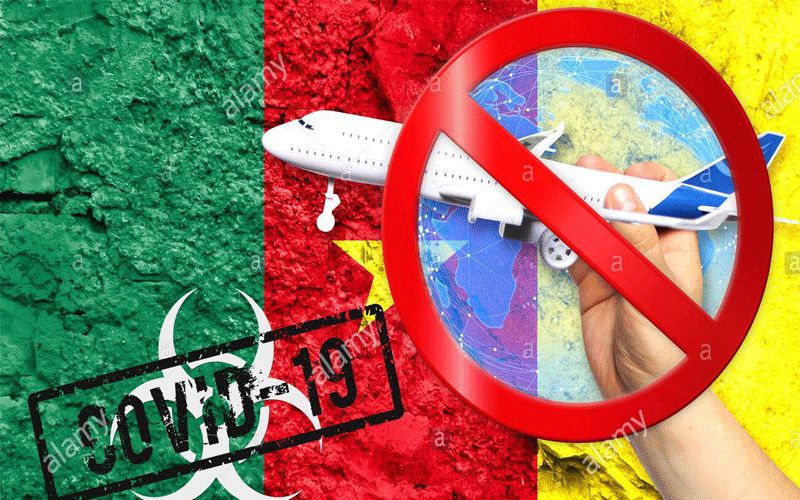Meanwhile, in the diocese of Ngaoundéré, Bishop Emmanuel Abbo, has asked the “faithful presenting suspicious signs (coughs and colds) to refrain from participating in public Masses,” which are still held in his diocese.
For the Sunday celebrations, “parishes will organize themselves in such a way as to respect all the instructions of the government (no more than 50 people),” Bishop Abbo stated in a Pastoral letter dated March 19.
“In this way, they can multiply the number of Eucharistic celebrations in the parish. The parish priests are invited, as far as possible, to broadcast Sunday Masses live via social media,” the Local Ordinary stated in the letter.
“Parishes will also multiply the Stations of the Cross,” which are also maintained in this diocese, with the exception of Good Friday,” the Bishop added.
With about 36 African countries currently with recorded cases, governments continue to roll out increasingly robust measures to halt the spread and to contain the pandemic which has claimed a number of lives.
(Story continues below)
Cape Verde confirmed its first coronavirus case on Friday, March 20 in a government statement. “The patient is a 62-year-old British citizen who entered the country on March 9 and began showing symptoms on March 16,” the statement reads in part.
Arlindo Cardinal Furtado, Bishop of Cape Verde’s Santiago diocese and Bishop Ildo Fortes of Mindelo, have issued a joint communiqué in which they state that “in line with restrictive measures taken by the government and for the good of public health", they have ordered the provisional suspension of all celebrations and other religious activities with significant gatherings of people.”
On the contrary, “there will be weekly and Sunday Masses without the gathering of people, for the deceased and other intentions, in all parishes and religious communities; confession at the request of the penitent; funeral with limited presence of close relatives; television broadcasting of Sunday Masses at TCV and weekly and Sunday Masses on Radio Nova,” the prelates stated in their collective statement dated March 19.
Meanwhile the Bishops’ Conference of Benin, Friday, March 20 issued a statement announcing the suspension “until further notice” of Masses and other church activities from Saturday, March 21.
In the Democratic Republic of Congo, the platform of religious denominations also issued a statement expressing concern over COVID-19 saying, “We, Heads of Religious Confessions of the DR Congo, are following with great concern and attention the rapid progression of the Coronavirus epidemic throughout the world.”
“We express our deepest condolences and solidarity to the families and people bereaved by this pandemic and reassure them of our prayers for the rest of the souls of their departed,” the Religious leaders state in their March 19 statement.
“We note with great regret that the DR Congo is not spared by this pandemic which comes after the very trying pandemic of the Ebola virus,” they lamented.
They urged the people of God in the DR Congo to “consider the new epidemic as dangerous as the Ebola epidemic that is about to end and invite them to scrupulously follow the measures prescribed by the Government in order to stop the spread of this disease throughout the DR Congo, Africa and the entire world.”
“We commit ourselves to be actively involved in the fight against this pandemic and invite the leaders of each of our components to take specific measures related to our practices and rituals in order to best protect the faithful,” they concluded.
Jude Atemanke is a Cameroonian journalist with a passion for Catholic Church communication. He holds a Bachelor’s Degree in Journalism and Mass Communication from the University of Buea in Cameroon. Currently, Jude serves as a journalist for ACI Africa.








